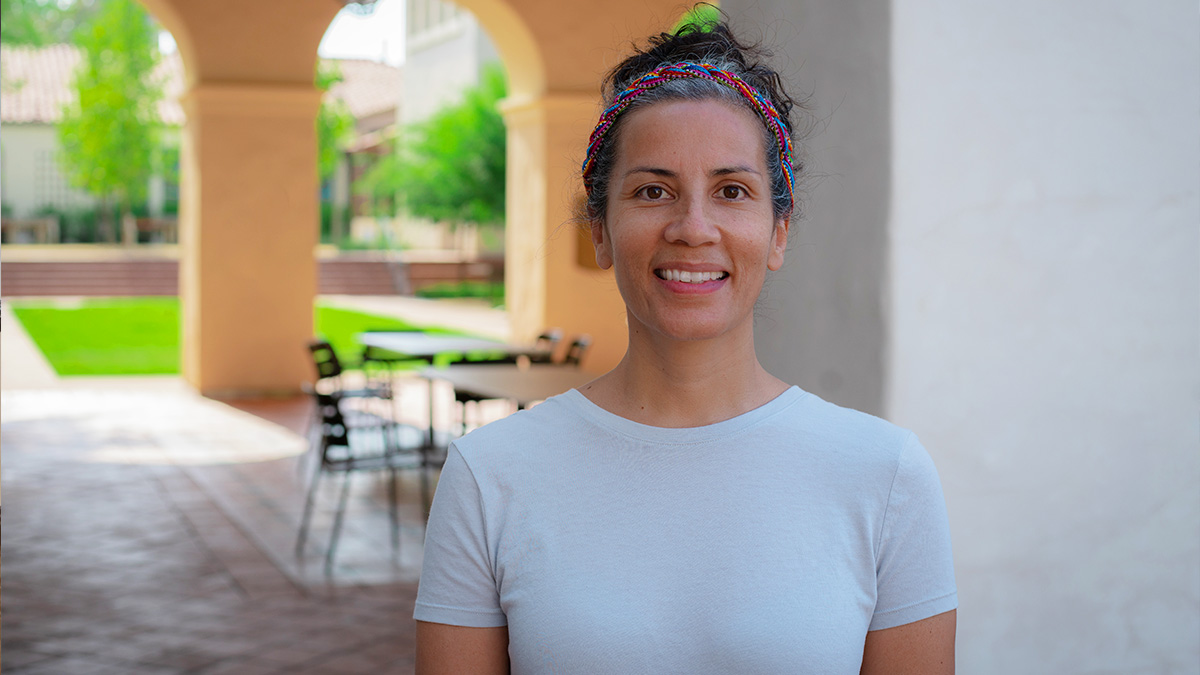New Certificate Explores a Decolonial Approach to Healing

Upon joining the faculty of the Marriage and Family Therapy (MFT) program at San Diego State University, marcela polanco was tasked with supporting the training of future therapists looking to work in Spanish-speaking communities.
The challenge — as her experiences as an immigrant, a practicing therapist and an academic researcher and scholar informed her — is that bringing effective therapy into Latinx immigrant communities isn’t as simple as plugging European theory into Google translate.
"I trained as an MFT here in the U.S., but as I went to practice therapy in Spanish, I realized it was not translatable,” said the Colombian-born polanco, now an associate professor in SDSU’s Department of Counseling and School Psychology (CSP). “When you translate literally into Spanish, sometimes the meaning can be the opposite, or be an insult, or make no sense. Literal translation is decontextualizing culture, because culture is what constructs the language and vice versa.
“So we had to reinvent.”
This fall, polanco is launching a new graduate certificate that explores that reinvention. The Spanglish Decolonial Healing Advanced Certificate aims to deemphasize translation-based approaches in favor of what she calls “an encounter of different knowledge and cultures.”
The certificate is based in decolonial practices, which polanco explains as a connector — a view that there are multiple ways of living, feeling and understanding the world across different communities that are all equally valid.
“I found a decolonial framework from Latin America,” she said. “The idea is that the English version of therapy and decolonial practices of healing or transformation can meet and develop something that's more like a coalition, so to speak.”
The bridging of world views dovetails with the certificate’s focus on Spanglish — the mixing of English and Spanish that Latinx immigrants to the U.S. use to navigate lives spent bridging two worlds.
"We speak Spanglish in private, because in public it is not well seen,” polanco explains. “It's seen as the corruption of language, even though it is the idiosyncrasy of our experience as immigrants. So bringing decoloniality into the conversation with European knowledge, and legitimizing Spanglish as the language of the immigration experience, it comes together to consider practices of healing and transformation that can not only take place in the therapy room, but in many different areas."
That’s one reason why the certificate has been detached from the MFT program or any professional licensure requirements. While the focus is on alternative ways of healing, it is open to graduate students from any discipline who are interested in exploring alternative ways of thinking collectively about transformative practices.
“That can be artists, journalists, public health, nurses — really it could be anybody," polanco said. “It's for people who are interested in learning something different."
The certificate will consist of four different courses emphasizing different areas: perspective of decoloniality specific to Latin America (a region known as Abya Yala in the indigenous Kuna language), Spanglish and what it means to live in multiplicity of languages, gender and decolonial feminism, and a project-based course designed to get students to rethink the aesthetics of knowledge through research from a decolonial perspective.
One important prerequisite is understanding and speaking enough English and Spanish to toggle between the two.
"The certificate is going to exist in developing a decolonial pedagogy in a university that is required to follow the Western perspectives of education,” polanco said. “That includes grades, the role of the instructor and the classroom setting. But I think it's possible to do both. Instead of deleting one to impose a new one, we’ll navigate how — within the framework of a university in the United States that operates in English — we can create other pedagogies."
Students interested in learning more about the Spanglish Decolonial Healing Advanced Certificate should visit the program website contact marcela polanco at [email protected].

